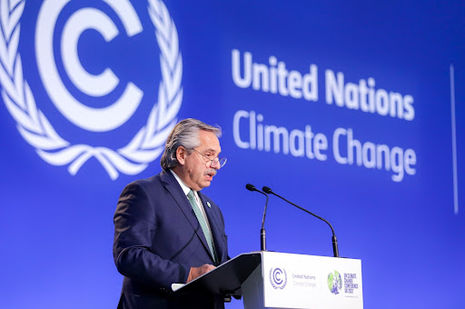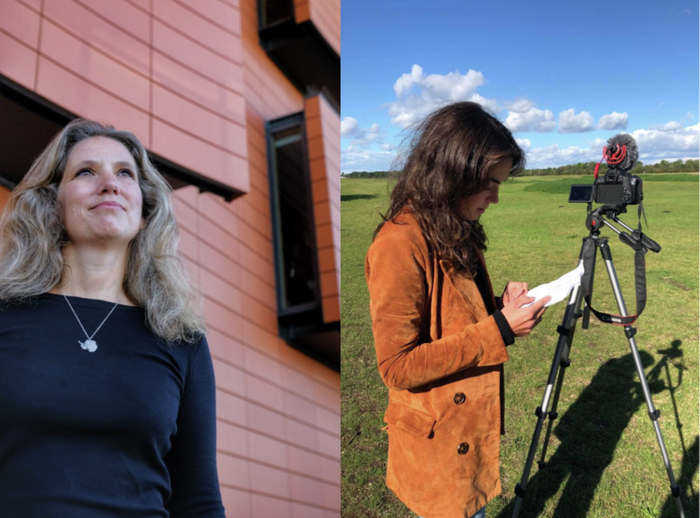Toope on COP26: ‘A great deal remains to be done’
The Vice-Chancellor held a panel discussion on the outcomes of the Glasgow conference on Thursday

Vice-Chancellor Professor Stephen Toope has said that although "it does seem that much has been accomplished in Glasgow, [...] a great deal remains to be done" regarding the fight against climate change, following the deal made at the COP26 conference last Saturday (13/11).
The Vice-Chancellor discussed the outcomes of the UN’s flagship climate conference with a panel of environmental experts and activists at a ‘Cambridge Conversations’ webinar on Wednesday (17/11). Panellists included the director of Cambridge Zero Emily Shuckburgh, and CEO & Director of the Cambridge Institute for Sustainability Leadership (CISL) Clare Shine, as well as environmental activist and Pembroke student James Miller.
The general consensus among the panellists was that while the agreement reached at Glasgow was a positive step, there were aspects in which they felt it did not go far enough.
Miller expressed concerns about the "lack of human rights language in several parts of the text", saying that it was "conspicuously absent from the Action for Climate Empowerment work programme" and that Glasgow was a "slightly disappointing COP26" in terms of climate justice.
Dr Shuckburgh also agreed that there were "aspects that could have been stronger" in the COP26 agreement, saying that there "could have been a lot more" on human rights.
However, despite these criticisms, the panellists did cite some reasons for optimism.
Miller celebrated the fact that young people were recognised for their role in the climate change movement in the Glasgow pact, marking the first time that youth have been specifically mentioned in such an agreement.
Shine commented on the central role that businesses played in the conference, this year showing an "ever-bigger emphasis on SMEs [small and medium-sized enterprises]".
Dr Shuckburgh said that society may look back on COP26 as an important "moment", marking both "the end of a fossil fuel era" and "the dawn of a new green era".
The panel follows the two-week summit at which representatives from over 100 countries came together to discuss strategies to meet the target of limiting climate heating to 1.5C, which was set at the Paris conference in 2015.
The summit was well-attended by individuals from the University of Cambridge, including Dr Shuckburgh in her role as a ‘Friend of COP’, Miller as part of YOUNGO (Children and Youth Constituency to the United Nations Framework Convention on Climate Change), and Lucy Cavendish student Rosa Prosser, whose documentary on green careers debuted at the conference.
 News / Judge Business School advisor resigns over Epstein and Andrew links18 February 2026
News / Judge Business School advisor resigns over Epstein and Andrew links18 February 2026 News / Hundreds of Cambridge academics demand vote on fate of vet course20 February 2026
News / Hundreds of Cambridge academics demand vote on fate of vet course20 February 2026 News / Petition demands University reverse decision on vegan menu20 February 2026
News / Petition demands University reverse decision on vegan menu20 February 2026 News / CUCA members attend Reform rally in London20 February 2026
News / CUCA members attend Reform rally in London20 February 2026 News / Caius students fail to pass Pride flag proposal20 February 2026
News / Caius students fail to pass Pride flag proposal20 February 2026











